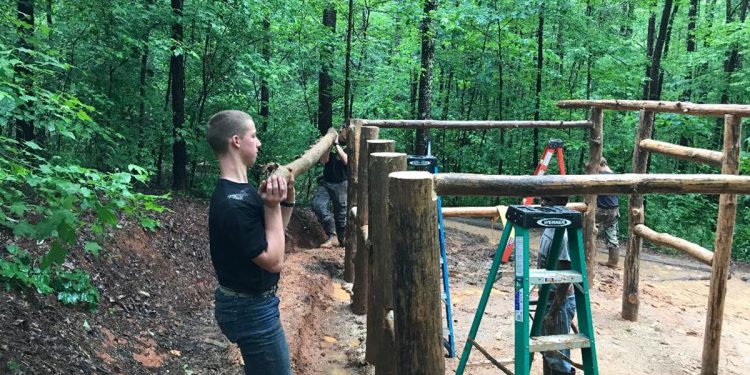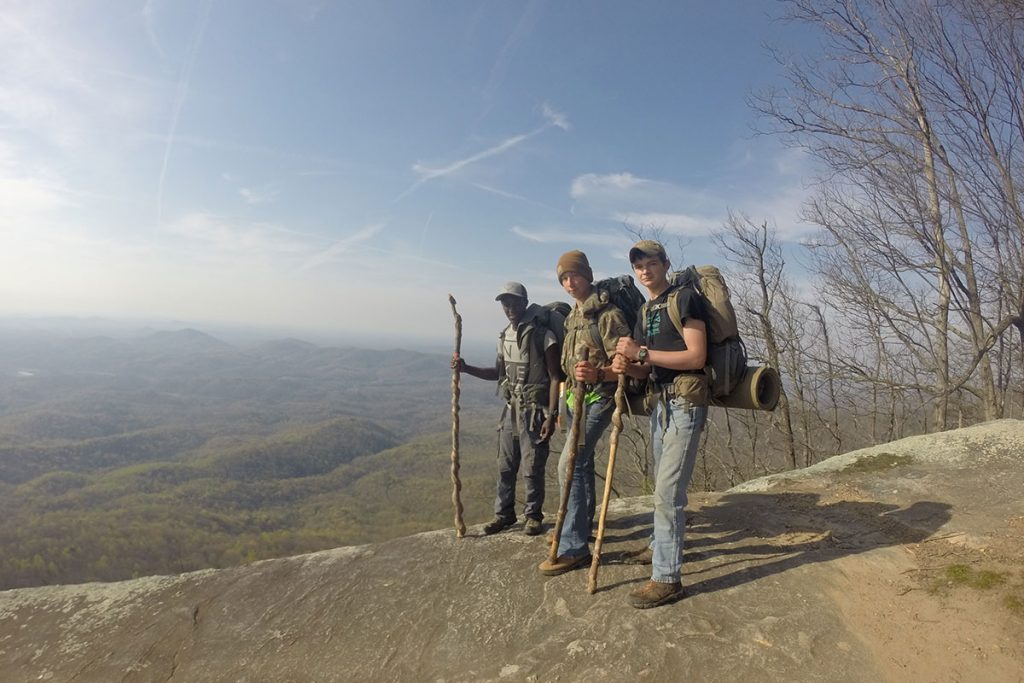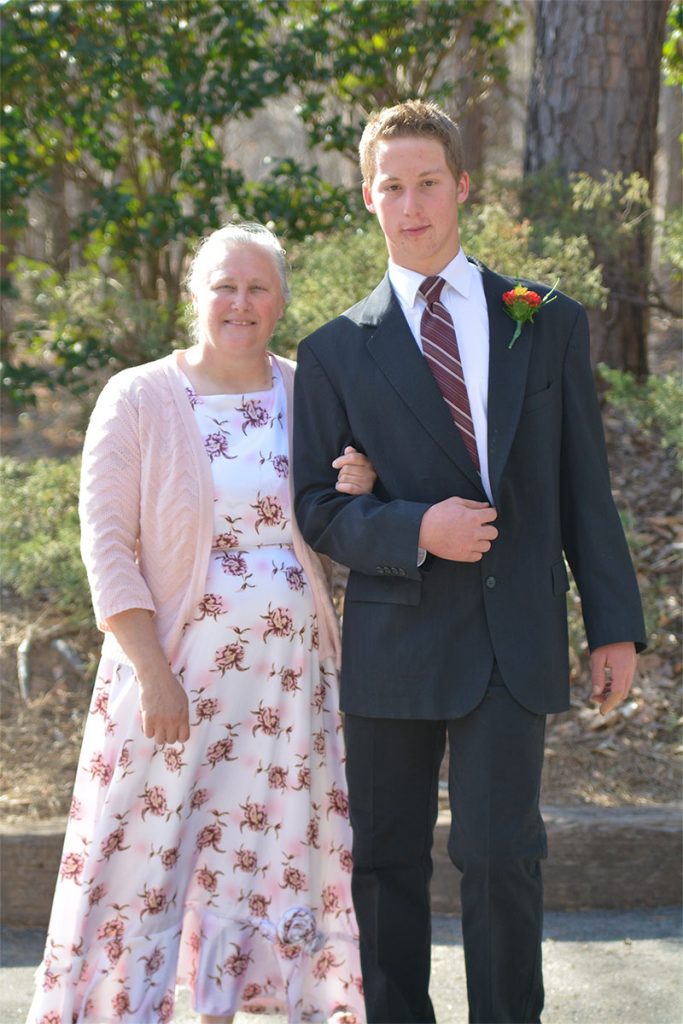
When all seemed lost, you provided hope for a family in trouble.
Samuel’s mother was a drug user and five months pregnant when she went to prison. She learned to know Marvin and Darlene through their church’s prison ministry, and wanted them to care for the baby. Samuel joined their family when he was just two days old.
As he grew older, Samuel began to struggle. “I believe that he struggled with identity issues like adopted children do,” Marvin explained. “He began to have behavior issues at school. And soon, trouble began at home as well.”
“He would become very violent,” Darlene remembers. “When I would ask him to do something he would get angry and uncontrollable. I didn’t know if I could trust him. I was afraid that he was going to hurt me.”
“He couldn’t control his anger,” Marvin said. “He was unable to manage his attitudes or control himself. He would either go into a depression funk or get violent. When he got angry, he would grab people, and we were afraid of what he might do.”
“Samuel refused to talk about what was bothering him,” Darlene said. “He wasn’t coping and dealing with his issues. No matter what we did, or who did it, he was unwilling to open up and share.”
Things continued to get worse. At one point, Marvin was afraid that he might have to get the police involved. “I always felt like I had to do things my way and didn’t listen to anyone around me,” Samuel added. “I did my own thing, at my own time, and didn’t care what other people thought.”
Marvin and Darlene decided that Fair Play Camp School would be a good place for Samuel, and he agreed to go. “I knew I needed help, and we needed to find ways to solve my problems.” Samuel said. “We were not making any progress at home. I needed to learn to do things differently.”

We felt relief
After dropping Samuel off, Darlene cried the whole way home. “We wondered if we had done the right thing,” Marvin remembered. “It’s a very rustic place. But, at the same time, we felt relief. Finally, we were getting some help. We now had people alongside us to help us deal with our problems. We had been struggling on our own for a long time. The staff at camp understood what we were going through.”
“We were hoping that camp would prompt Samuel to open up and talk about his problem,” Darlene said. “It took some time, but he slowly started to open up. It was not easy for him. He still struggles with it today. But, camp has given him the tools to help him work through his problems.”

He now has the tools for success
“I think that some of the problems we faced before camp will always be there,” Marvin said. “But he has learned how to manage and control his anger. He voluntarily joined an accountability group at church. That really helps. He is opening up with them.”
“I think we’ve all learned how to cope with problems,” Marvin remarked. “When Samuel gets triggered, we don’t argue. We now sit back and ask ‘What can we do?’ We are able to talk things out. When he uses the tools he learned at camp, things go well. When he forgets to use them, he reverts back to the old ways.”
“The most difficult part of camp was talking about how I feel,” Samuel said. “For me, opening up so others can help me is not easy. Camp really helped teach me to open up. I also learned how to help others with their problems.”
“Before camp, we could never do anything right,” Darlene said. “He came back from camp very appreciative of what we have done for him.”
“If I hadn’t gone to camp, things would be even worse than they were before,” Samuel suggests. “I would be more miserable not knowing how to work through my issues. I probably would not be able to hold down a job.”
“Camp gave him the tools he needs to live a productive life,” Marvin concludes. “Together, with our family and Samuel, we are learning how to live together in peace and harmony.”
